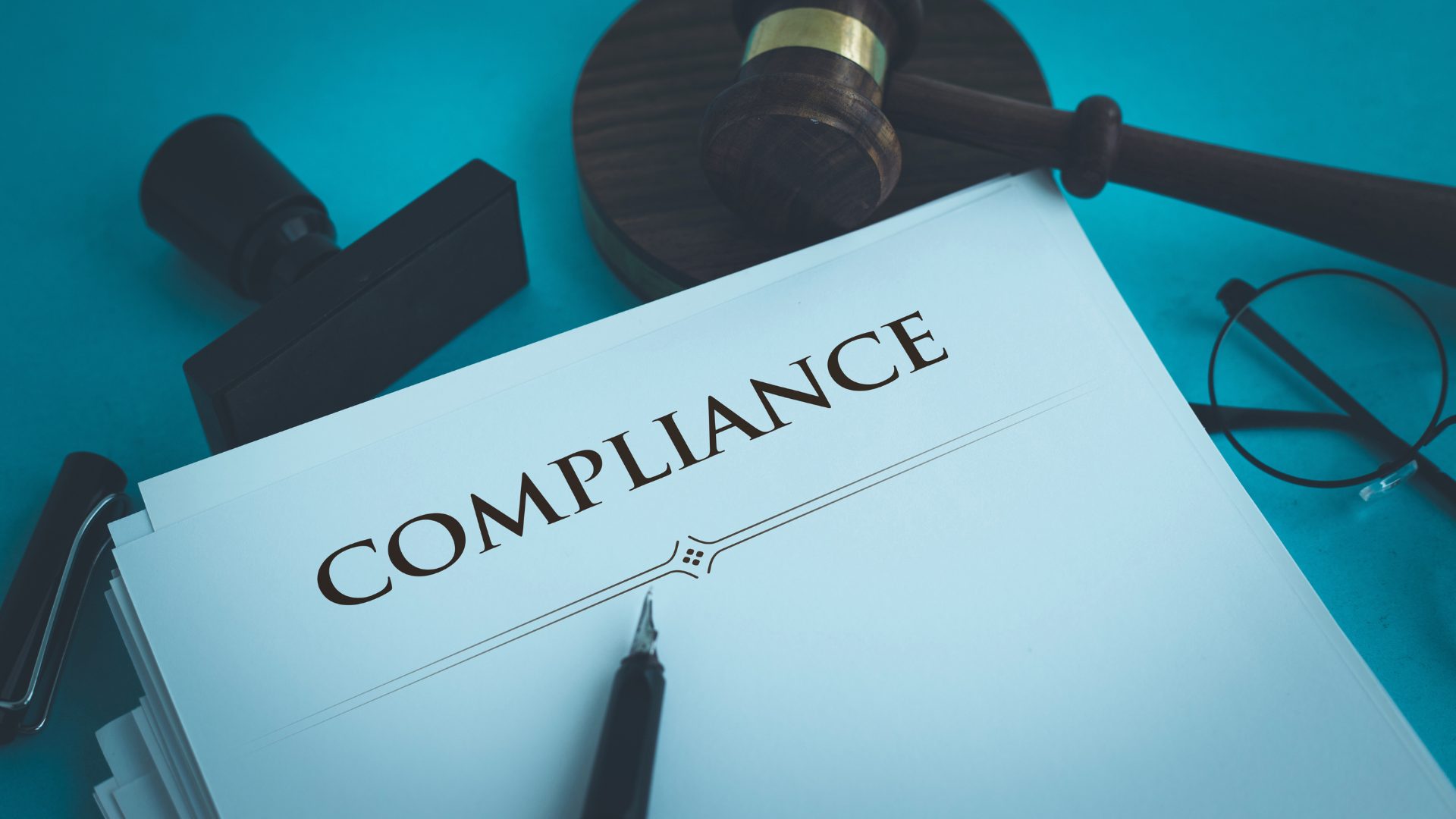Legal compliance is a critical aspect of running a successful business. Companies that prioritize adherence to laws and regulations protect themselves from costly penalties and reputational damage. Being compliant not only fosters trust among customers and partners but also creates a stable foundation for long-term growth.
Navigating the complex landscape of legal requirements can be daunting, yet it is essential for sustainability in business. Organizations must stay informed about industry-specific laws, labor regulations, and consumer protection statutes. This vigilance not only minimizes risks but also enhances operational efficiency.
The benefits of legal compliance extend beyond the avoidance of fines. A compliant business typically enjoys improved relationships with stakeholders and access to better financing options. Establishing a culture of compliance can ultimately lead to greater innovation and competitive advantage in the marketplace.
Foundation of Legal Compliance
A solid foundation of legal compliance requires a thorough understanding of applicable laws and an unwavering commitment to ethical practices. These elements are essential for fostering trust and maintaining the integrity of a business.
Understanding Legal Frameworks
Legal frameworks provide the structure within which businesses operate. They include federal, state, and local regulations that govern various aspects, such as employment, consumer protection, and environmental impacts.
Organizations must stay informed about changes in legislation to ensure compliance. This includes understanding specific requirements, timelines, and potential penalties for violations.
Failure to comply can result in legal action, fines, or damage to reputation. Regular training for employees on these frameworks is essential. Maintaining an updated compliance program can help mitigate risks associated with non-compliance.
Ethical Business Practices
Ethical business practices strengthen legal compliance by promoting integrity and accountability. Companies should develop a code of conduct that outlines expectations for behavior among employees.
Fostering a culture of transparency aids in identifying and addressing compliance issues proactively. Moreover, leadership plays a crucial role in setting ethical standards.
When employees perceive that their organization values ethics, they are more likely to uphold legal standards. Engaging in regular assessments to evaluate corporate ethics can further reinforce a commitment to compliance and foster a more responsible business environment.
Risks and Consequences
Legal compliance is critical for businesses to mitigate various risks. Non-compliance can lead to severe financial repercussions, damage to reputation, and operational challenges that can affect overall business performance.
Financial Penalties and Sanctions
Failure to comply with legal regulations can result in significant financial penalties. These fines can vary widely depending on the nature of the violation and jurisdiction. For example:
- Minor Violations: Fines starting from hundreds to thousands of dollars.
- Major Violations: Fines that can reach millions, especially in cases of fraud or safety violations.
In addition to these fines, businesses may also face sanctions such as the loss of licenses or permits, which can halt operations entirely. Legal fees in defense of compliance issues can further drain resources, impacting profitability.
Reputational Damage
A company’s reputation is one of its most valuable assets. Legal non-compliance can tarnish this reputation. When a business engages in unethical or illegal practices, public trust declines. Reputational damage can lead to:
- Loss of Customers: Many consumers prefer to work with businesses that adhere to legal standards.
- Decreased Sales: Negative publicity often translates to lower sales figures.
Furthermore, competitors may leverage this damage to gain market advantage. Recovering from reputational harm requires substantial time and financial investment in public relations efforts.
Operational Disruptions
Legal issues stemming from non-compliance can disrupt normal business operations. These disruptions can manifest as:
- Increased Scrutiny: Increased oversight from regulatory bodies can strain resources.
- Employee Morale: Ongoing legal battles may affect employee morale, leading to reduced productivity.
Operational inefficiencies may emerge as management diverts focus from strategic initiatives to address compliance issues. This shift can hinder growth and innovation, placing the business at a disadvantage in the marketplace.
Strategies for Effective Compliance
Implementing strong compliance strategies is essential for businesses to adhere to laws and regulations. Organizations must establish structured approaches that include formal programs, employee training, and systematic audits.
Compliance Programs and Policies
A robust compliance program outlines a company’s policies and procedures. These should cover various legal requirements relevant to the industry. Key components include:
- Clear Policies: Written guidelines that detail expected behaviors and legal compliance are vital. They should be accessible to all employees.
- Risk Assessments: Identifying potential compliance risks allows businesses to prioritize areas needing attention.
- Reporting Mechanisms: Anonymous reporting channels encourage employees to report violations without fear of retaliation.
Regularly updating these programs ensures they reflect current regulations and business practices.
Employee Education and Training
Training employees is critical to fostering a culture of compliance. Regular educational sessions help staff understand their roles and responsibilities regarding compliance. Effective strategies include:
- Initial Training: New hires should receive compliance training during onboarding. This ensures understanding from the start.
- Ongoing Sessions: Regular refresher courses help keep compliance top of the mind. This should include updates on legal changes.
- Practical Scenarios: Utilizing real-life examples during training can enhance comprehension and retention.
Training should be tailored to the specific needs of different departments, ensuring all employees can apply what they learn.
Regular Audits and Monitoring
Conducting regular audits is essential to track compliance effectively. Organizations must assess their adherence to established policies and identify areas for improvement. Important aspects include:
- Scheduled Audits: Regularly planned audits create accountability. Companies can set up quarterly or annual reviews.
- Reporting Results: Transparency in audit findings fosters a culture of openness. Sharing results helps align teams on compliance goals.
- Continuous Monitoring: Utilizing technology can streamline monitoring efforts. Automated tools can help track compliance in real time.
Balancing audits with monitoring helps create an environment where compliance is continually stressed and improved.




